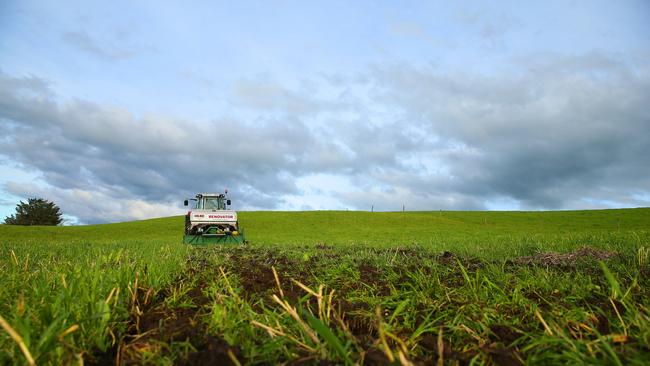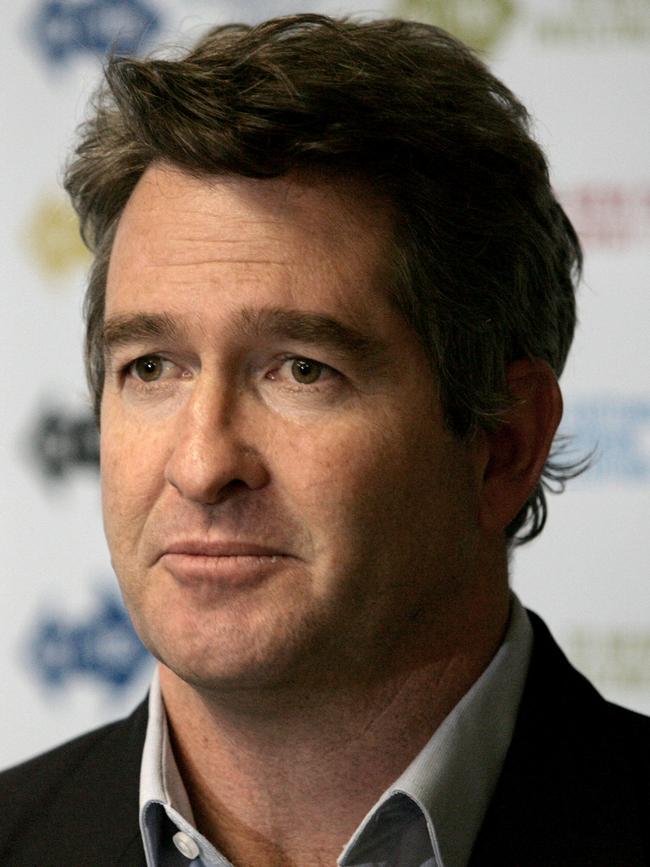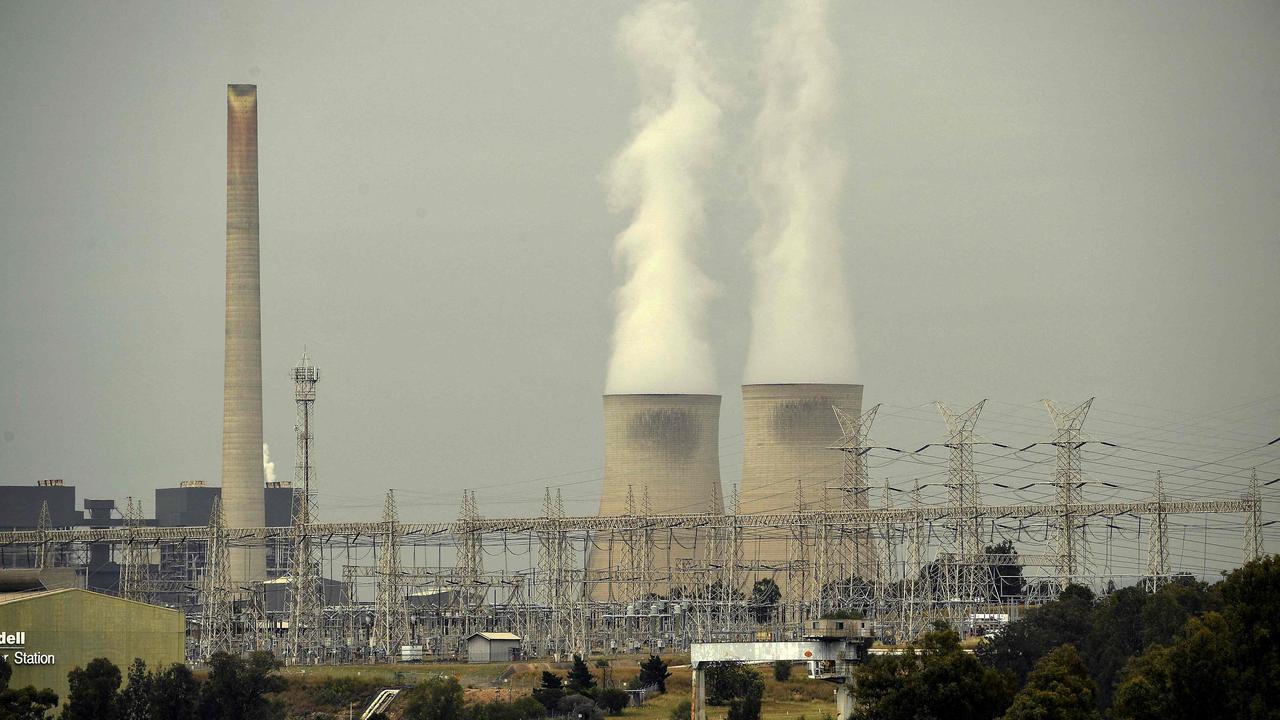Carbon fraud claims rejected by industry players
Claims questioning the integrity of Australia’s carbon markets have been rejected by the industry body, saying accusations had been sensationalised.

A set of whistleblower allegations slamming the integrity of Australia’s carbon offset program has been rejected by the industry body, which says the “sensational accusations” threaten projects aimed at cutting emissions.
A new bout of volatility has hit the sector just weeks from a federal poll after the former chair of an audit committee alleged a majority of carbon credits issued by the Regulator were flawed.
Andrew Macintosh – an ANU professor and former chair of the Emissions Reduction Assurance Committee – last week unveiled a series of problems with the government’s Emissions Reduction Fund, which is run by the Clean Energy Regulator.
The Carbon Market Institute – whose 130 members include ANZ, BHP, Coles and Woodside Petroleum – has denied the charges.
“Sensational claims of ‘fraud’, ‘rorts’ and ‘sham’ amount to a direct attack on a vast network of farmers, traditional owners, service providers, investors, auditors, conservationists and public servants, many of whom have spent the last decade striving to accelerate support for stronger industrial emission reduction, sustainable agriculture and reversal of deforestation,” CMI chief executive John Connor said.
“Many of these participants are feeling aggrieved by accusations which do not appear to be substantiated by the academic papers.”

The Clean Energy Regulator directly contracts for the purchase of Australian Carbon Credit Units from carbon offset schemes such as revegetation on pastoral properties, energy efficiency projects run by big energy users and even promises by farmers to end or avoid land clearing.
Mr Macintosh, tasked with overseeing the integrity of the carbon credit scheme, alleged “proponents are being issued ACCUs for growing trees that were already there when the projects started” among other claims and called for an independent investigation to explore the Clean Energy Regulator’s administration and the broader suitability of the Emissions Reduction Fund.
The CMI said both it and its members were analysing the technical papers released late last week by Mr Macintosh, and would issue a “comprehensive response” later this week.
However, it said on Sunday that Mr Macintosh’s land management papers did not back up claims that 70-80 per cent of ACCUs lacked integrity.
“The papers focused on the Human-Induced Regeneration methodology appear to confuse principles under the methodology, which is aimed at crediting transition to forest cover, not current forest levels. The transition to forest cover is closely regulated, including five-yearly regeneration checks and a 15-year forest cover attainment check,” the CMI said.
CMI said it would take part in any independent review “to enable the investments and reforms necessary to address our twin climate and biodiversity crises”.
The Clean Energy Regulator said on Friday it stood by the Emissions Reduction Fund, describing it as “a robust offsets scheme with a high degree of integrity” and said complaints about several of its carbon methods were unfounded. Labor has vowed to hold an independent review of the scheme if it wins a looming federal election.



